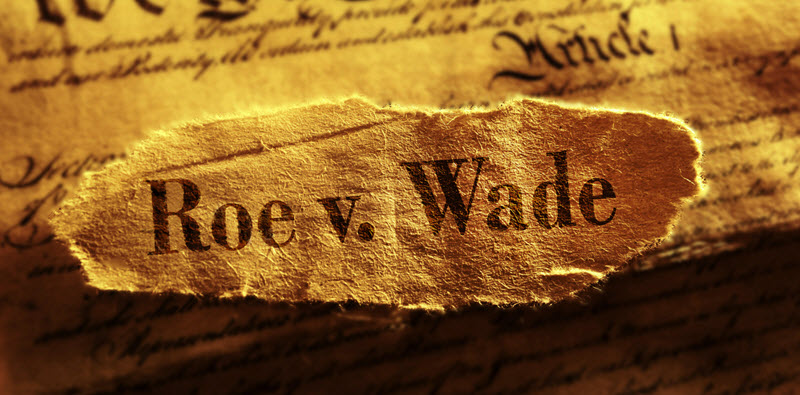This month, we reflect on the anniversary of Roe v. Wade—the 1973 Supreme Court decision that not only reshaped American law but also transformed its moral imagination. For fifty years, Roe plagued our nation. Now, we have the chance to build a new legacy.
Roe cast itself as a beacon of freedom, yet it left behind a trail of contradictions: the promise of empowerment for women, while neglecting their deepest needs; the rhetoric of choice, while too often constraining that choice to one brutal path; the assertion of progress, while undermining the most vulnerable.
At its core, Roe was a legal fiction built on a cultural lie: that the flourishing of one life must come at the cost of another. It declared autonomy the highest good, severing the bond between mother and child. What followed was not liberation but isolation—a system that told women they were on their own and presented abortion as the single, inevitable solution to fear, uncertainty, or ambition.
Planned Parenthood and the abortion industry capitalized on this fracture. They perfected a model that monetized despair, convincing women that rejecting motherhood was the necessary price of success. Over time, this narrative seeped into the fabric of our culture. Abortion became a symbol of power, even celebrated, while the countercultural courage of so many moms was quietly devalued. Life had once been held sacred but became disposable.
But last year, the arc of history bent toward justice. With Dobbs v. Jackson Women’s Health Organization, the Supreme Court overturned Roe, declaring what pro-life advocates had long known to be true: the Constitution does not confer a right to abortion. This was a generational victory—a triumph for human rights and for truth, and an opportunity for states that value life in the womb to increase their protections. Yet this victory, which was celebrated as decisive, was not the end of the story. In many ways, it was just the beginning.
Because Roe left behind more than broken laws; it left behind a broken culture. The pressures that drove women toward abortion did not vanish with Dobbs. The fear, the uncertainty, the systemic inequalities that made abortion seem like the only way out—these remain. Abortion providers still prey on this fear, presenting death as the path to life, isolation as the road to empowerment. The shadow of Roe is long, and our work is far from finished.
This moment calls us to something bigger, something bolder. The next chapter of the pro-life movement cannot merely react to the past—it must actively reimagine the future. It is not enough to save lives; we must transform the structures that diminish them. This is a movement of wholeness, a revolution of care. We must surround women with more than slogans; we must meet them with real, tangible support—education, job training, childcare, housing, mentorship, and healing. We must say to every mother in crisis: You are not alone.
Across the nation, pregnancy resource centers, maternity homes, and compassionate nonprofits are already showing us what this looks like. They are the unsung heroes of this movement, turning pro-life principles into pro-life practice. They remind us that to be truly pro-life means to advocate for the mother as much as the child, for the individual as much as the family. This is how we make abortion not only illegal but unthinkable: by creating a society where choosing life is always the easier choice.
But we must also confront the deeper wounds left by Roe. Its legacy is not only measured in lives lost but in hearts broken—women haunted by regret, fathers who feel they failed, families fractured under the weight of what could have been. As a post-abortive mother, I know this pain intimately. I have carried it, lived with it, and, by grace, found a way through it. I know the power of healing, the redemption that comes when we face our past with courage and faith. If the pro-life movement is to be what it claims to be, it must be a movement of mercy—a movement that walks with the wounded and offers them hope.
This is the challenge before us: to build a culture where life is cherished in all its forms. Not merely defended, but celebrated. Not simply protected by law, but lifted up by love. We envision a future where women are seen not as problems to be solved but as powerful agents of life and change. A future where no one feels the need to choose between their dreams and their child. A future where freedom is no longer defined by the absence of obligation but by the presence of belonging—of connection, of community, of love.
Let the new legacy we shape be one of courage, compassion, and creativity. Let it be a legacy where abortion is unthinkable, not because it is banned, but because it is unwanted—because every life is supported, every child cherished, every parent empowered.
This is not merely a political mission; it is a human one. And if we rise to it, history will not remember Roe for what it took away, but for what came after: a world where life triumphed over death, where love conquered fear, and where hope led us home.


Comments are closed